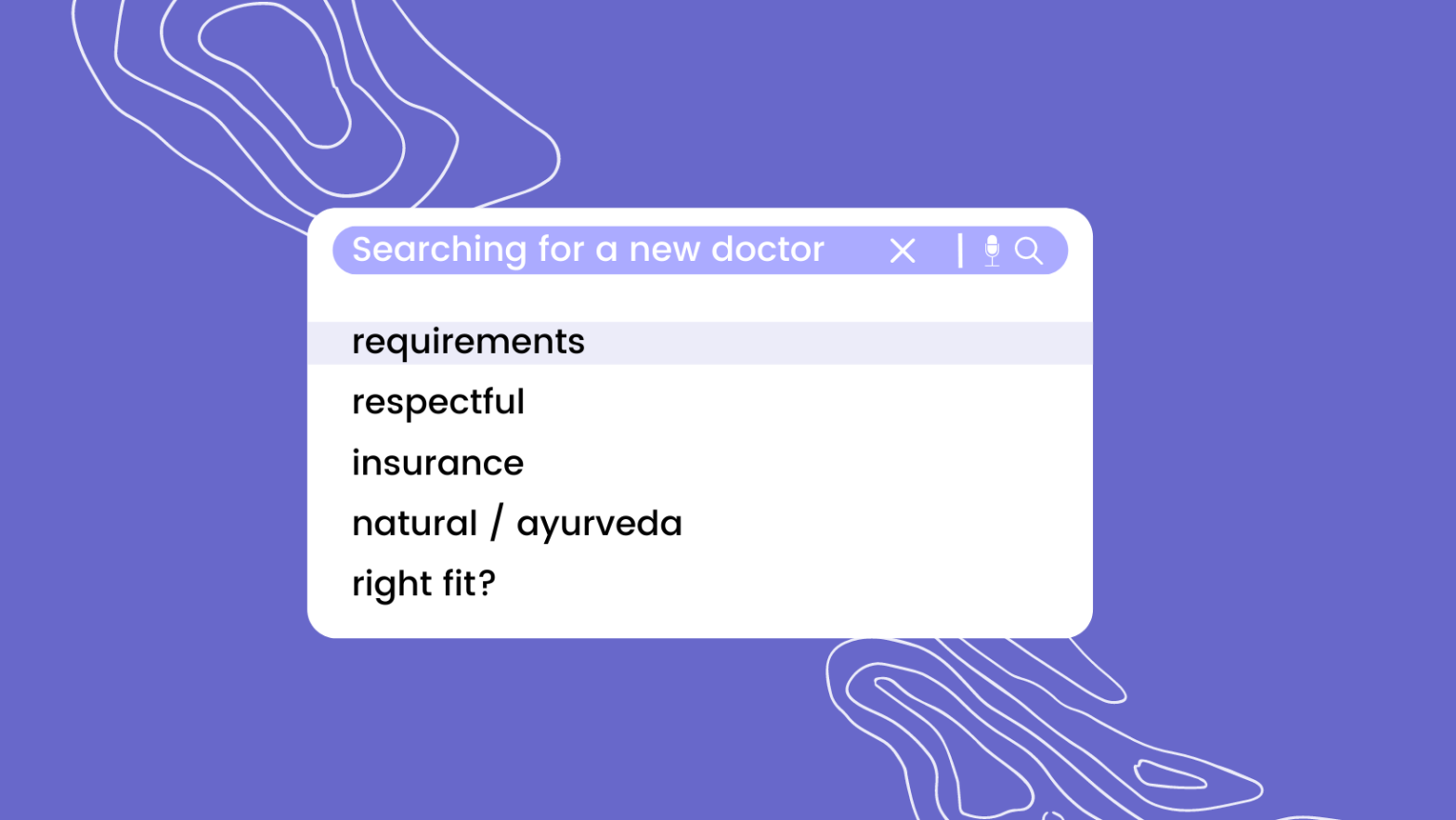- Learn how to find and choose the right doctor.
- Factors you need to consider during the search process.
- Questions you need to ask yourself to find the perfect fit.
Are you at your wit’s end trying to find a doctor for your and your family’s needs? Whether you’re looking to switch primary care providers or want a specialist to treat a set of specific symptoms, you may want to follow these recommendations when selecting the proper healthcare provider for your medical treatment.
Determine Your Requirements
If you’re looking for a primary care physician, choose a physician you can trust, communicate easily, and develop a long-term relationship with.
With specialists, on the other hand, it’s a different story. Depending on the severity of your health issue, a sympathetic attitude and a long-term connection may be less crucial.
Perhaps the best doctor for you doesn’t even have to be a doctor. You might find that nurse practitioners and physician assistants are ideal for your situation. Alternative and complementary medicine practitioners may be able to help you as well, say, naturopaths, for instance.
Additionally, you may look for hospitals or clinics offering excellent patient-centred care. Patient-centred care emphasizes treating patients with respect and empathy and assisting them in making health and treatment decisions. If a patient requires care, patient-centred care keeps them informed of test results, diagnosis, and possible outcomes. Patients are involved in all treatment decisions, including which treatments to pursue and which medications to take. Some examples, as follows, according to Indeed:
- Letting the patient choose who can visit them
- Allowing the patient to pick their own visiting hours
- Inviting the patient’s family members to participate in decision-making
- Providing accommodations for visitors, like food and blankets
Respectfulness Is Key
To get the best treatment possible, you’ll need to communicate efficiently with your healthcare practitioner. Healthcare practitioners’ use of “medspeak” (healthcare or medical jargon) is a common complaint from patients who feel their caregivers aren’t listening to or giving them enough time. Remember, it takes both healthcare providers and patients to understand each other to get past those barriers to respectful communication.
Look for a Medical Provider That Accepts Your Insurance
Insurance plans may limit the physicians you may see or give financial incentives for you to choose plan-affiliated doctors. Always verify your insurance policy to see if the plan covers the doctor you’re contemplating. Your employer’s health insurance policies may not completely cover your doctor’s visits, so you may want to settle on your doctor before deciding which plan to enrol in. 1
Consult the Appropriate Specialist
Many people are surprised to learn that seeing the wrong kind of doctor can make it hard to get the proper diagnosis and treatment. Consult your primary care physician closely to ensure that you are sent to the appropriate specialization for your health concern.
Verify Their Credentials
You should do a background check on your doctor to ensure that their credentials are correct and up to date.
The quantity and level of experience your new healthcare practitioner has might be critical, especially if you have a tough-to-diagnose medical ailment or one that requires a complicated treatment. You’ll also want to ensure that the practitioner has a thriving, spotless track record. If you’re internet savvy, even just a bit, finding out information about a potential doctor should be a breeze with a quick search of their name.
Consider Ayurveda or Complementary Medicine
You’ll need a doctor who understands and supports your choices if you take nutritional supplements, meditate, acupuncture, or other alternative treatments. You can ask this question directly to the practitioner you’re considering or ask around at support groups and other patients for recommendations. 2
Questions To Ask Yourself Before Selecting a Doctor
Here are some questions you might want to ask yourself before choosing a doctor or medical professional for your needs, courtesy of WebMD:
- Where is the doctor located? Will it be easy for you to get there?
- Can you get there on public transportation? Is there enough parking?
- Which hospitals does the doctor use? Are you comfortable being treated at one of them should the need arise? Is your insurance cover care provided at these hospitals?
- Where are routine X-rays and lab tests performed? Can it be done in-office, or will you have to go to an outside lab?
- How long must you wait for an appointment after you call? Can you be seen on the same day if you have an urgent need?
- Is the office staff friendly and courteous?
- If you call with a question about your care, does a doctor or nurse return the call promptly?
- Who covers for the doctor when they are away? Whom should you call if you have a problem after-hours? If the doctor works in a group, are you comfortable being seen by one of the practice partners?
- Does the doctor frequently refer patients to specialists, or do they prefer to manage the majority of your care themselves?
- Do the office process insurance claims, or must you pay up-front for services and file the claims yourself?
Wrapping Up
Choosing a great doctor isn’t easy, but we hope this short guide has been helpful in your quest to find the right primary physician or specialist. As you’ve discovered, there are a lot of factors at play when deciding on the perfect doctor. Please leave a comment below sharing your experiences finding the right doctor if you enjoyed reading this blog post.

I am glad you mentioned the importance of finding an appropriate doctor for your specific health concern. My best friend found out she was pregnant about 2 weeks ago, and she wants to make sure everything is going well. I will help her look for a reliable OBGYN since they specialize in prenatal care. https://everywomansob.com/abnormal-uterine-bleeding/